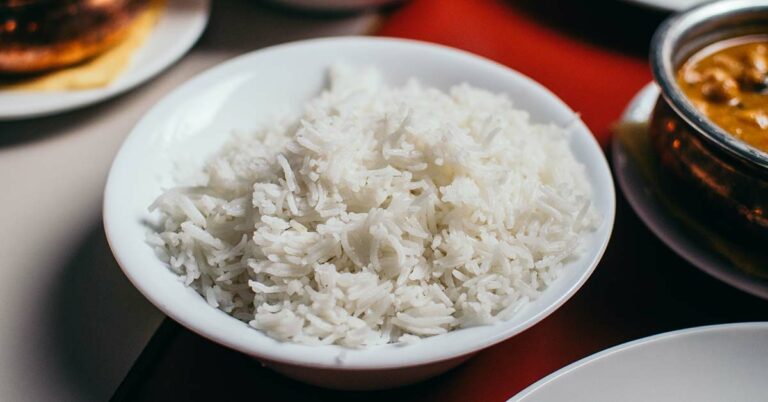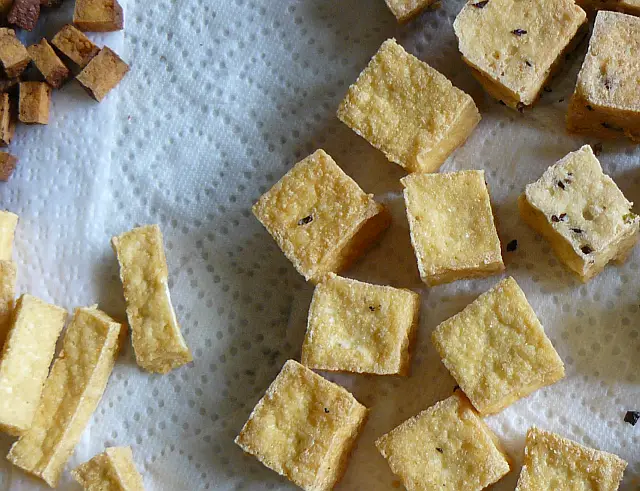Cooking pasta is a staple meal in many households around the world. However, one question that often arises is whether it is safe and appropriate to use tap water to cook pasta. This topic is crucial as we are more conscious of the quality of water we consume. In this article, we aim to provide an answer by exploring what tap water is, its potential contaminants during cooking, and alternative options available.
What Is Tap Water?
Tap water refers to the supply of water provided through pipes connected to our homes from a public water source or private well. Groundwater, surface water or rainwater sources are typically used to supply tap water. The composition of tap water may vary depending on the specific geographical location and treatment plant.
Can You Use Tap Water To Cook Pasta?
Before answering this question, we must first consider any potential concerns related to using tap water when cooking pasta.
Contaminants In Tap Water
One main concern regarding the use of tap water in cooking pasta involves contaminants that might be present in our drinking supply. These contaminants range from minerals like calcium and magnesium found in hard waters to chemicals such as nitrates and nitrites that can easily find their way into our drinking supply.
1) Nitrate/Nitrite Nitrates are common pollutants found mainly in fertilizers and animal waste products that can contaminate drinking supplies. High levels of nitrates have been linked with blue baby syndrome – a condition where babies turn blue because their blood cannot carry oxygen properly.
2) Arsenic Arsenic is another contaminant that has been detected in some U.S. cities’ drinking supply due to natural occurrences or contamination by human activity. Research shows long-term ingestion increases risks for several types of cancer, diabetes, skin lesions, cardiovascular disorders and respiratory diseases.
While these contaminants can pose health risks when ingested directly through consuming contaminated water, research has not shown if they can harm people through food cooked with contaminated water, like pasta. Nevertheless, it’s important to be mindful of the source and quality of tap water used in the kitchen.
Hard Water And Its Effect On Pasta
Another potential concern related to tap water is that some types of tap water can affect pasta’s cooking process, especially when it comes to hard water. Hard water contains higher than normal levels of minerals such as calcium and magnesium that leave a residue when mixed with soap or heated. This residue could build up in kettles and pipes or even on pots after boiling water is used in cooking.
Hard water might affect the taste, texture and overall cooking time of your pasta since it takes longer for waters with high mineral content to reach boiling point than soft waters. Additionally, some consumers have complained that their food tastes bland with hard-water spaghetti.
Alternatives To Using Tap Water For Cooking Pasta
While using tap water is safe for most individuals, people who live in areas where extreme contamination has occurred or want to minimize any possible exposure can choose alternatives. Distilled and filtered water are two popular alternatives that are affordable options to treat tap water for contaminants and hard minerals.
Distilled water removes potentially harmful contaminants while filtering systems remove various impurities present in drinking supplies such as minerals like calcium and magnesium. However, using these alternatives might make the dish more expensive and less available compared to washing dishes with plain old tap water.
Conclusion
Using tap water alone should not pose a known health hazard when cooking pasta unless there is an instance of contamination from bacteria or chemicals harmful to human health in extreme circumstances( which could have more severe implications than just cooking difficulties), which is rare under standard public health protocols’s daily testing procedures’. But some research suggests that the resins used in the pots can interact adversely with the minerals found in hard waters commonly found throughout North America.
Therefore, if one lives in areas where contamination has previously occurred or experiencing hard water that might affect pasta taste or cooking time, it is advisable to opt for alternative options such as filtered water.
When in doubt, consumers can inquire about receiving their tap water report and consult with a professional plumber or water expert to discuss the quality parameters.
Q&A
- Q: Can I use tap water to cook pasta? A: Yes, you can use tap water to cook pasta. Tap water is typically safe for cooking and consuming.
- Q: Is there any reason why I should not use tap water to cook pasta? A: In some cases, tap water may contain high levels of minerals or other impurities that could affect the flavor or texture of your pasta. If you have concerns about the quality of your tap water, consider using filtered or bottled water instead.
- Q: Are there any benefits to using tap water when cooking pasta? A: Using tap water is usually more convenient than purchasing and storing bottled or filtered water. Additionally, in most cases, tap water is safe and affordable for cooking purposes.
- Q: How can I ensure that my tap water is safe for cooking pasta? A: If you are unsure about the quality of your tap water, consider having it tested by a professional or investing in a home filtration system. You can also follow basic food safety guidelines by ensuring that your pots and utensils are clean and properly sanitized before use.





